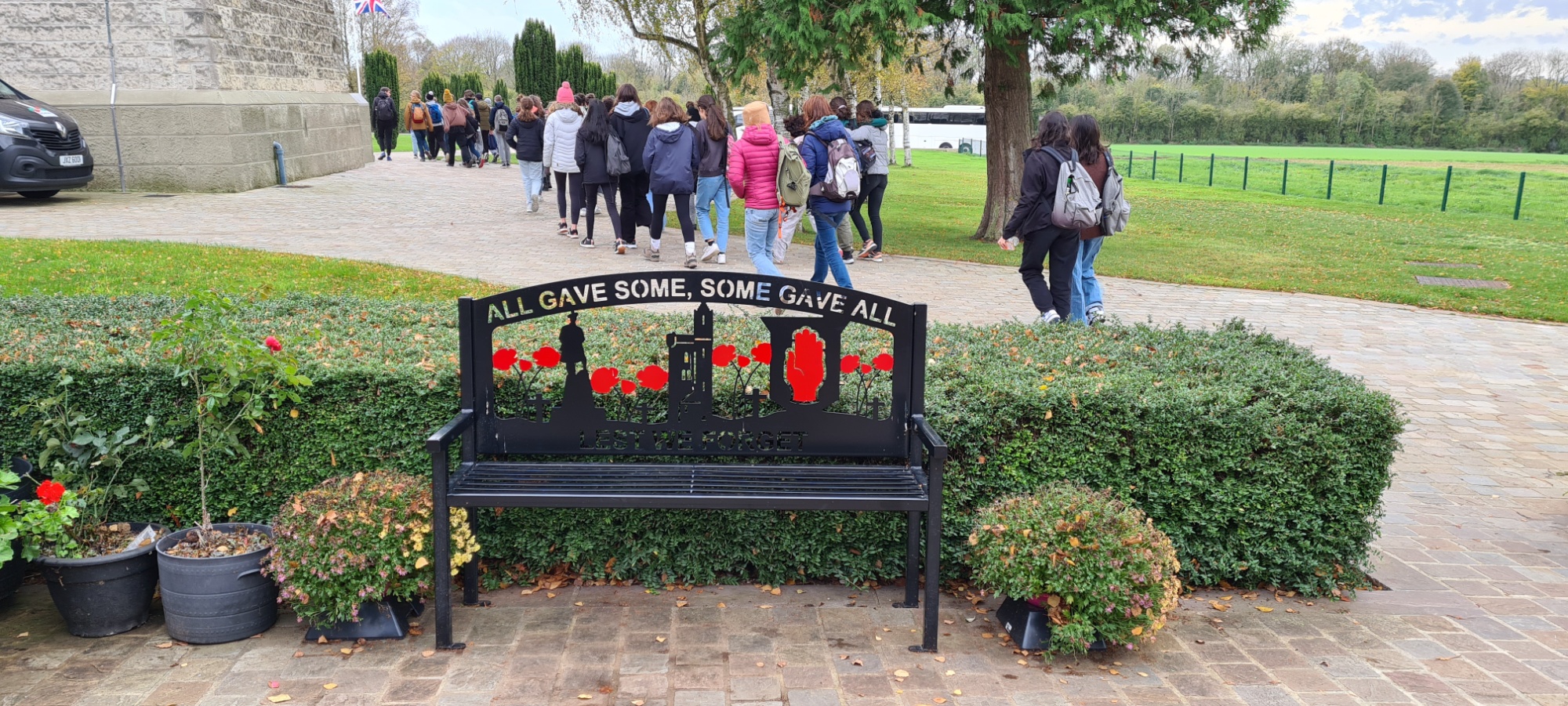The London Trip
There has been a tradition at English 31 to run a trip for our Terminale classes each year to London. The students all work so hard on their OIB courses that our trip together is a lovely celebratory rite of passage. We plan an itinerary that enriches our students’ study of English literature, and aligns with their history programme. Over the last few years this has involved a guided visit to Shakespeare’s Globe, including a workshop with a Globe actor which is based on deepening our understanding of the OIB Shakespeare text. Our guided Blitz walk is always fascinating and helps to bring history to life and make tangible the experience of war for many Londoners.
Recently, we have also included visits to The Imperial War Museum, The Churchill War Rooms, The British Museum, The National Gallery, The Museum of London and The National Portrait Gallery. London has so many excellent museums and art galleries that we try to take full advantage while we are there. On two of the evenings we arrange theatre trips, trying to balance our choices so that we see one more traditional performance and something more modern or experimental. Our Head of Section, Mr. Vuiller, ended up on stage at the Barbican during a performance of Shakespeare’s As You Like It and teachers and students took part in a fully immersive version of The Great Gatsby which I don’t think any of us will ever forget.
It is always an exhausting, but stimulating few days and we have a lot of fun!
The Somme Battlefields Trip

In the 2022, just after half-term 3ème headed to the northern battlefield of the Somme as part of our study of World War One. In the classroom we have examined the political reasons behind the outbreak of the world's first global conflict but in this trip we really wanted to show the experience of the soldiers who fought for Britain in the trenches of Northern France. The 1st July 1916 was and remains the worst day in British military history and our students could really see why this was the case through the trench visits and the stories of the individuals who demonstrated unbelievable bravery, often never returning home. But what did it mean to fight under the "British" label in 1916? Students learnt of the Newfoundlanders of Beaumont Hamel, the Canadians at Vimy Ridge and the Irish troops at Thiepval who were fighting for two very different domestic reasons. The "Adopt a Soldier" activity based around a small selection of soldiers named on the Thiepval Monument to the Missing allowed us to really connect with handful of the 72,000 names there, and it was a series of powerful conversations we had with our students when we asked them what they would say to these men if they could talk to them.
